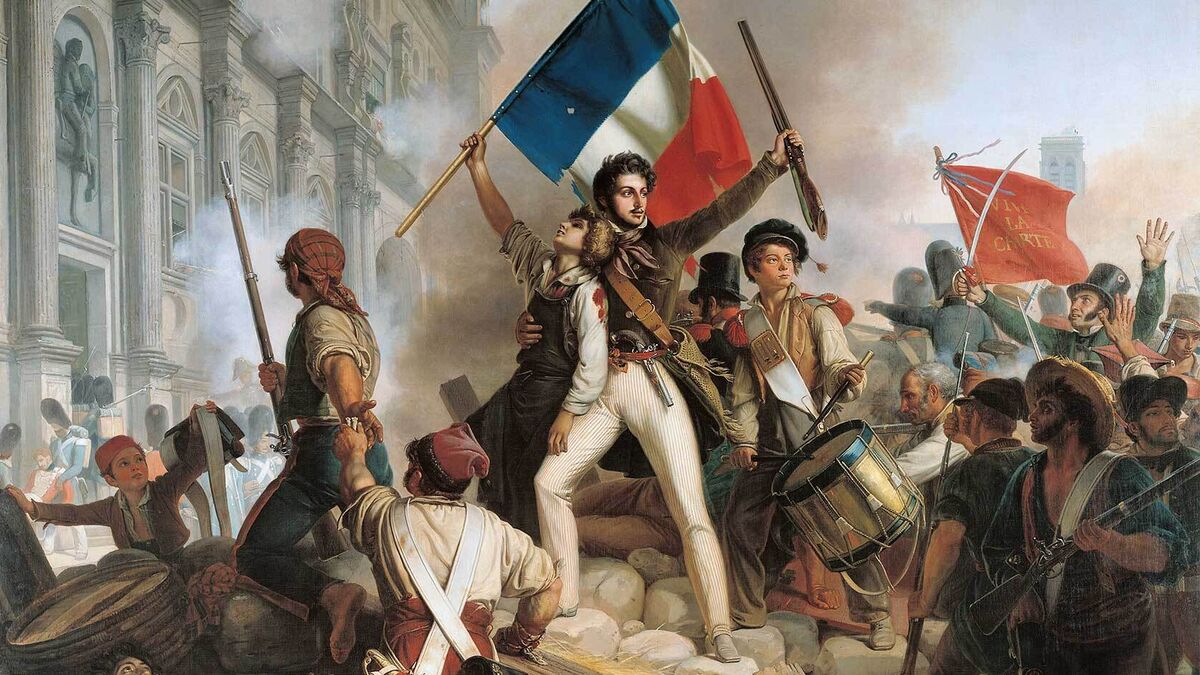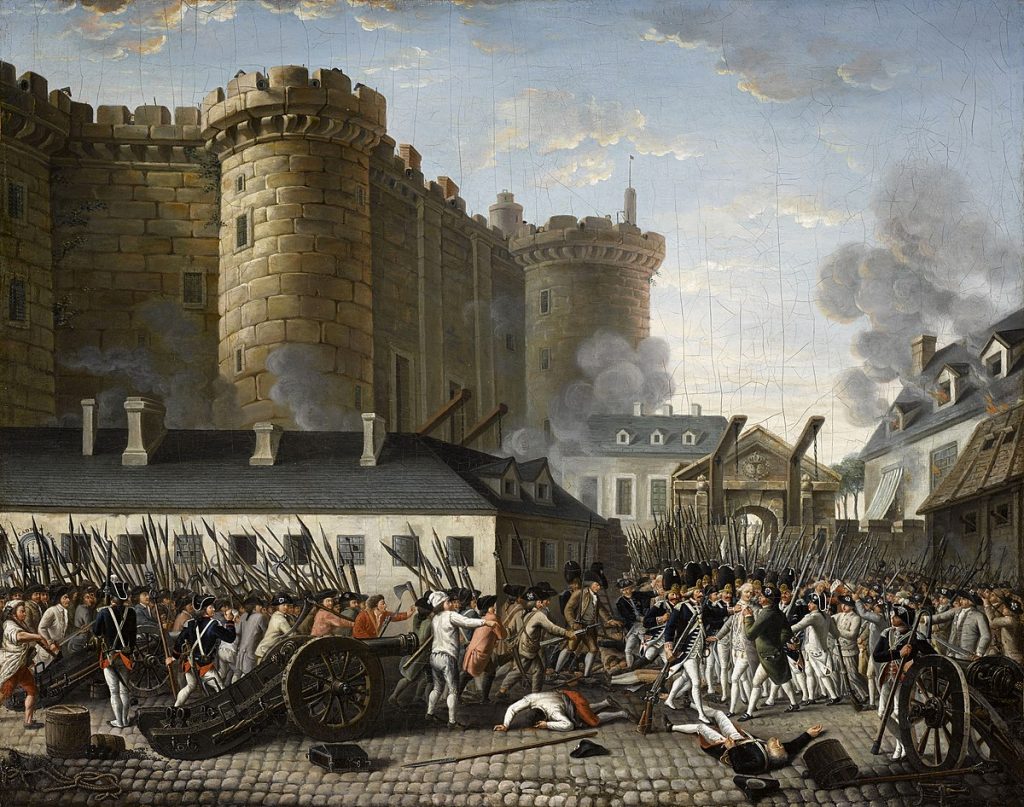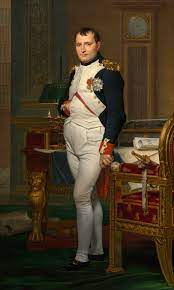The French Revolution was a turning point in the history of France, marked by a series of significant events that shaped the country’s political and social landscape. From the fall of the Bastille to the rise of Napoleon, the French Revolution was a period of upheaval and change that left a lasting impact on the country and the world. In this article, we will explore the key events that took place during the French Revolution, and their impact on France’s history.
The Build-up to the Revolution
The French Revolution did not happen overnight; it was a result of years of political and social unrest. In this section, we will take a look at the events that led up to the revolution.
The Enlightenment
The Enlightenment was a philosophical movement that emerged in Europe in the 17th and 18th centuries, which advocated for reason, individualism, and scientific progress. Its ideas were influential in France, where they challenged the traditional authority of the Catholic Church and the monarchy.
The Economic Crisis
France’s economic crisis was another key factor that contributed to the revolution. The country was heavily in debt, and the government was unable to finance its wars and pay off its debts. This led to a series of economic reforms that were deeply unpopular among the French people.
The Estates-General
The Estates-General was a meeting of the three estates of France: the clergy, the nobility, and the commoners. It was called in 1789 by King Louis XVI to address the country’s financial crisis, but it quickly turned into a political battle between the nobility and the commoners.
The Revolution Begins
The French Revolution officially began on July 14, 1789, with the storming of the Bastille. In this section, we will explore the key events that took place during the early stages of the revolution.
The Storming of the Bastille
The Bastille was a symbol of the monarchy’s power, and its fall marked a turning point in the revolution. The storming of the Bastille was a violent and chaotic event, in which the revolutionaries overpowered the guards and seized control of the prison.
The Declaration of the Rights of Man and of the Citizen
The Declaration of the Rights of Man and of the Citizen was a document that laid out the principles of the revolution, including liberty, equality, and fraternity. It was adopted by the National Assembly in 1789 and became a cornerstone of French democracy.
The Reign of Terror
The Reign of Terror was a period of violence and political repression that followed the revolution. It was marked by the execution of thousands of people, including King Louis XVI and his wife, Queen Marie Antoinette.
The Rise of Napoleon
Napoleon Bonaparte was a military leader who rose to power during the French Revolution. In this section, we will explore Napoleon’s rise to power and his impact on France.
The Consulate
The Consulate was a period of government led by Napoleon, following the fall of the Directory in 1799. During this time, Napoleon consolidated his power and implemented a series of reforms that modernized France’s government and legal system.
The Napoleonic Wars
The Napoleonic Wars were a series of conflicts fought by France under Napoleon’s leadership. They lasted from 1803 to 1815 and involved most of Europe. Although France emerged victorious in many of these conflicts, they ultimately led to Napoleon’s downfall.
The Legacy of Napoleon
Napoleon’s legacy is complex and controversial. On the one
hand, he is credited with modernizing France and introducing a series of reforms that had a lasting impact on the country’s legal and social systems. On the other hand, his military campaigns led to the deaths of millions of people, and his authoritarian rule is often criticized.
The End of the Revolution
The French Revolution officially ended with the establishment of the French Republic in 1799. In this section, we will explore the events that led to the end of the revolution.
The Directory
The Directory was a period of government that followed the Reign of Terror. It was marked by political instability and economic hardship, which eventually led to its downfall.
The Rise of Napoleon
Napoleon’s rise to power marked the end of the revolution, as he consolidated his control over France and established a new era of French politics.
The Legacy of the Revolution
The French Revolution had a profound impact on France’s history, as well as the world. Its ideas of liberty, equality, and fraternity inspired political and social movements around the globe, and its legacy can still be seen in modern France today.
Conclusion
The French Revolution was a pivotal moment in France’s history, marked by a series of significant events that shaped the country’s political and social landscape. From the fall of the Bastille to the rise of Napoleon, the revolution was a period of upheaval and change that left a lasting impact on the world. While its legacy is complex and controversial, there is no doubt that the French Revolution remains one of the most important events in human history.





Comment here